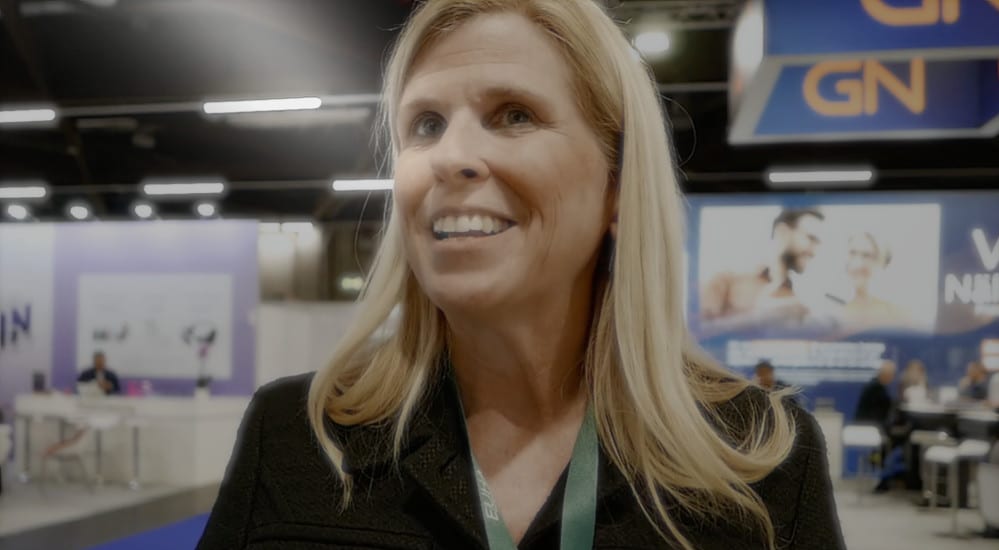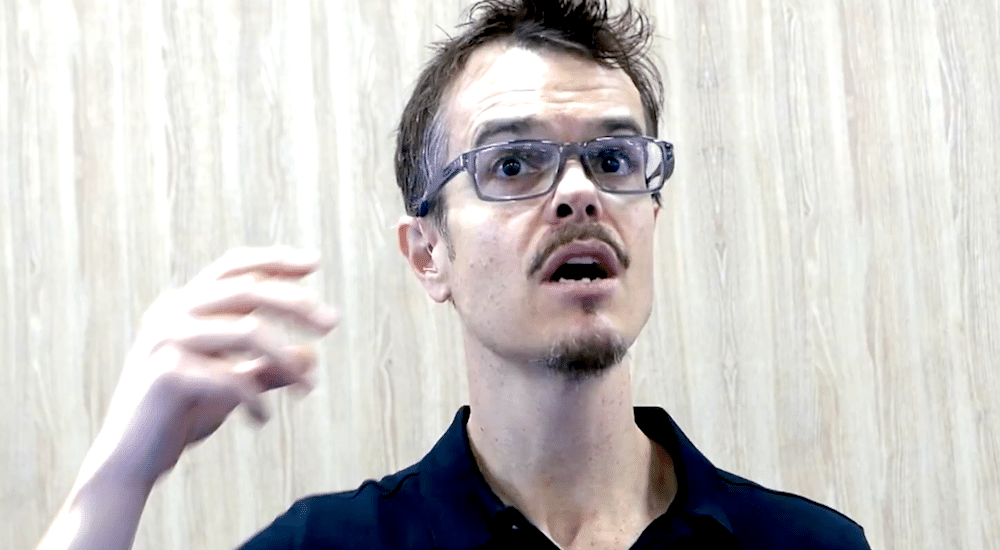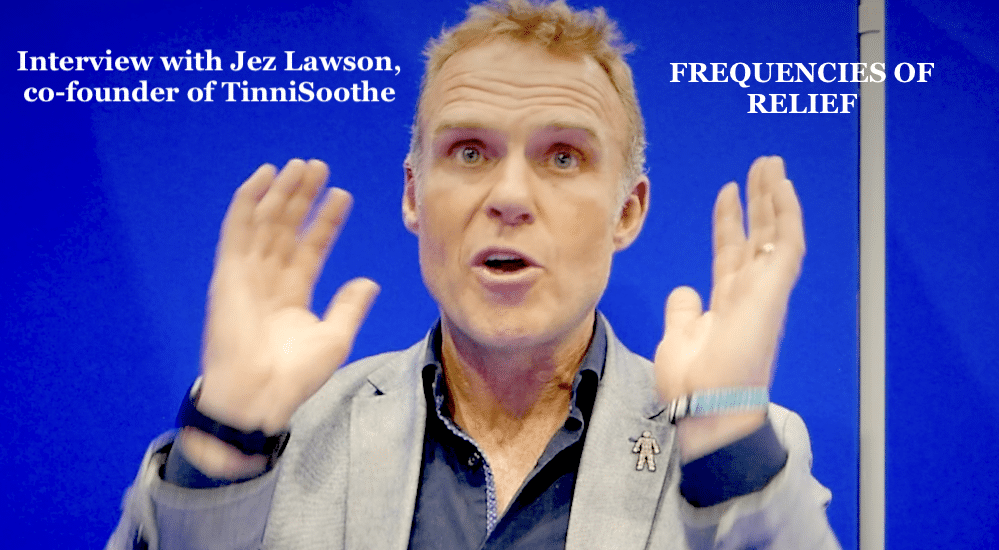Skirmish over OTC self-fit devices as industry disputes FDA clearance for BOSE hearing aid
self-fitting
The standards applied in testing for US authorisation for self-fitting hearing aids may "jeopardise the hearing health of consumers", says the Hearing Industries Association (HIA) in a letter to the issuing body, the Food and Drug Administration (FDA).

Ahead of the FDA's August 2020 mandatory issuing of regulations for over-the-counter (OTC) hearing device sales, the audio equipment firm Bose was granted approval by the FDA (in October 2018) for the sale of a user-fitted wireless air conduction device, a product which has still not been released on the market . According to the FDA press release at the time, this Bose product would be the first device that users “fit, program, and control on their own, without assistance from a health care provider,”.
But the online specialist publication, MedTech Dive, obtained a letter to the FDA from the HIA—signed by its chair, Starkey Hearing Technology president Brandon Sawalich—which respectfully but firmly challenges design aspects of the study for the authorisation of the Bose device, also alleging that the CT 2051 standards apparently applied to the classification are for "amplification quality control purposes", not "audibility, intelligibility, or hearing assistance", arguing that their application could "adversely impact safety and effectiveness and would jeopardize the hearing health of consumers."
The complaint lights up one of the industry's main beefs with self-fitting devices: the lack of requirement that they be fitted by a qualified audiologist, precisely one of the aspects that makes the venture into self-fit hearing aids so viable in a future OTC market, especially for firms with no track record in audiology. The HIA is campaigning for the US government to limit the amplification of such devices aimed at patients with mild-to-moderate hearing loss.
The letter at the heart of this skirmish was sent to Srinivas Nandkumar, branch chief of the FDA's Division of Ophthalmic and Ear, Nose, and Throat Devices. It takes issue, in particular, with the second phase of the 125-patient clinical study used for classification based on whether outcomes of self-fitting the device were comparable to professional fitting. The FDA's actual De Novo Summary states that the two studies were carried out "to support a reasonable assurance of safety and effectiveness for the Bose Hearing Aid", and that "testing found no major defects for safety related features of the device software and firmware."
The disputed Phase II study involved 75 adult patients who "participated in three clinic visits (1-First Fit, 2-Fine-Tuning, and 3-Assessment) as well as several weeks of Bose prototype hearing aid use in the field". In the first two sessions, all subjects were fitted professionally by a licensed audiologist; "In Session 3, all subjects returned to complete a speech-in-noise test as well as a series of questionnaires assessing benefit associated with the hearing aid."
In attacking this study design, the HIA letter obtained by MedTech Dive argues that the latter part of the study "does not reflect the actual real-world experience", since subjects used audiologist-defined parameters to self-fit "rather than 'self-fitting' the device from the beginning without professional help at all".
Neither Bose nor the FDA have so far commented on the HIA's specific concerns.
Source: MedTech Dive
 Sign in
Sign in


